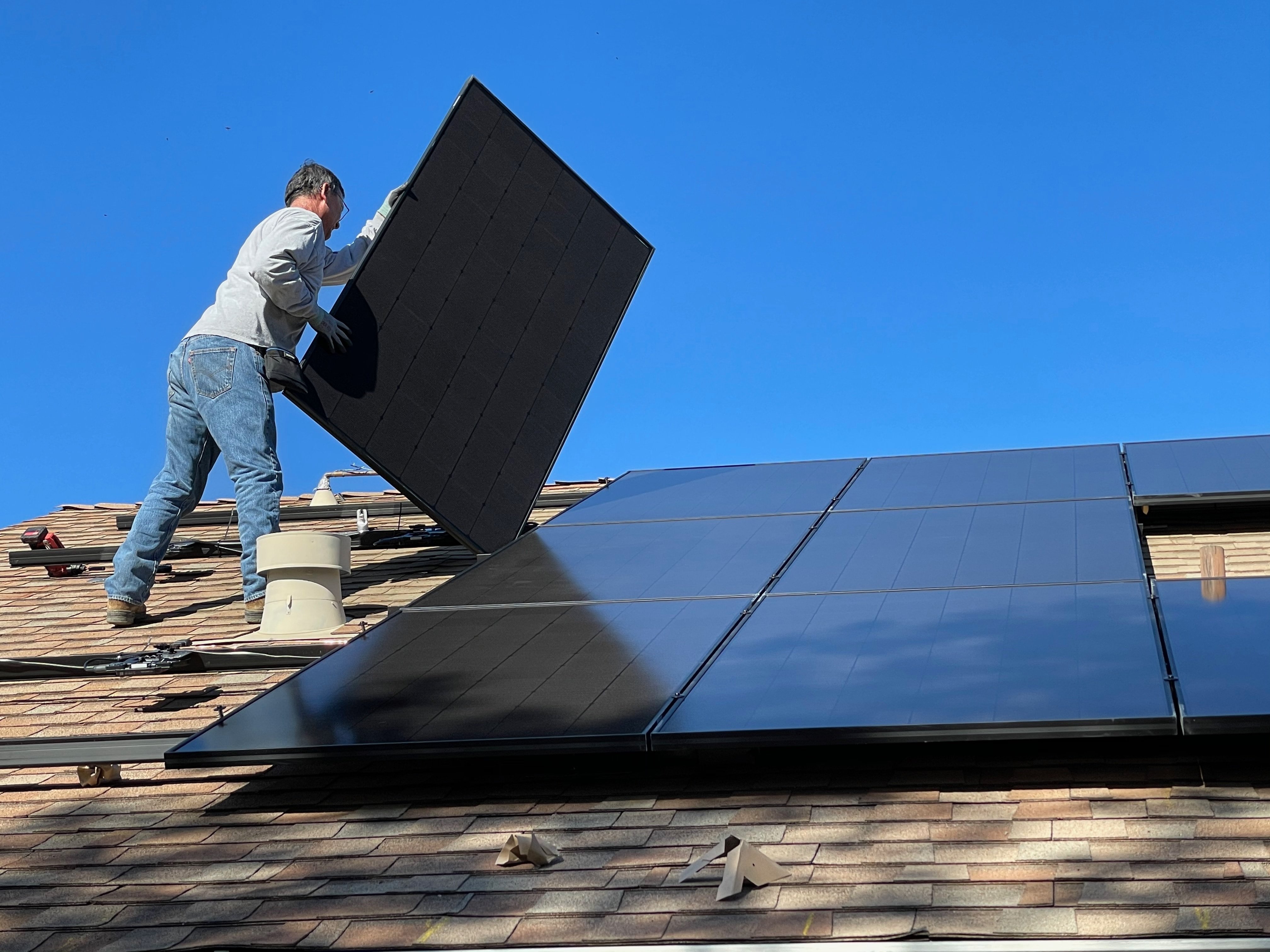In the beautiful state of Maine, where picturesque landscapes meet a vibrant community, preserving the environment and minimizing our ecological footprint are of utmost importance. One significant way to contribute to a sustainable future is by making our homes more energy-efficient. Not only does this help reduce greenhouse gas emissions, but it also brings numerous benefits, such as lower utility bills and increased comfort. In this blog post, we will explore some valuable tips for creating an energy-efficient home in Maine.
Optimize Insulation
Maine’s cold winters necessitate effective insulation to maintain a comfortable indoor temperature and reduce heating costs. Start by inspecting your home’s insulation, paying close attention to attics, walls, floors, and basements. Consider adding insulation or upgrading existing insulation with more efficient materials like cellulose or spray foam. Proper insulation helps prevent heat loss and ensures energy efficiency throughout the year.
Upgrade Windows and Doors
Old, leaky windows and doors can be major sources of energy loss. Consider upgrading to energy-efficient alternatives, such as double or triple-pane windows with low-emissivity (low-e) coatings. These windows provide better insulation and reduce heat transfer, keeping your home warmer in winter and cooler in summer. Additionally, weatherstripping and caulking around windows and doors can prevent drafts and further improve energy efficiency.
Invest in Energy-Efficient Appliances
Appliances are responsible for a significant portion of a home’s energy consumption. When purchasing new appliances or replacing older ones, look for the Energy Star label. Energy Star-certified appliances, such as refrigerators, dishwashers, and washing machines, meet strict energy efficiency standards and can significantly reduce your energy usage and utility bills.
Utilize Natural Lighting
Maine is blessed with an abundance of natural light, especially during the summer months. Make the most of it by strategically placing windows, skylights, and light tubes to optimize daylight penetration. By relying more on natural lighting, you can reduce the need for artificial lighting, saving energy in the process. Additionally, consider installing window treatments like blinds or shades to control the amount of heat gain or loss depending on the season.
Efficient Heating and Cooling Systems
Maine’s climate demands reliable heating and cooling systems. If your heating and cooling equipment is outdated, consider upgrading to more energy-efficient options. Heat pumps, for example, can efficiently heat and cool your home while using less energy than traditional HVAC systems. Additionally, regular maintenance and cleaning of your HVAC system ensure optimal performance and reduce energy waste.
Embrace Renewable Energy
Maine has abundant renewable energy resources, making it an ideal location for exploring alternative energy sources. Consider installing solar panels on your roof to generate clean, sustainable energy. Solar energy not only reduces your reliance on the grid but can also provide financial benefits through net metering and potential tax incentives. Explore other renewable options like small wind turbines or geothermal systems to further reduce your carbon footprint.
Efficient Water Usage
Water heating contributes to a significant portion of residential energy usage. Lower your water heating costs by using low-flow fixtures, such as showerheads and faucets. Insulating your water heater and pipes reduces heat loss, ensuring hot water remains hot for longer. Also, consider collecting rainwater for outdoor irrigation to conserve water resources.
By implementing these energy-efficient home tips in Maine, you not only contribute to the state’s sustainability goals but also enjoy lower energy bills and increased comfort. With a little effort and investment, you can make your home more environmentally friendly while positively impacting the future. Together, let’s create a greener and more sustainable Maine for generations to come.


